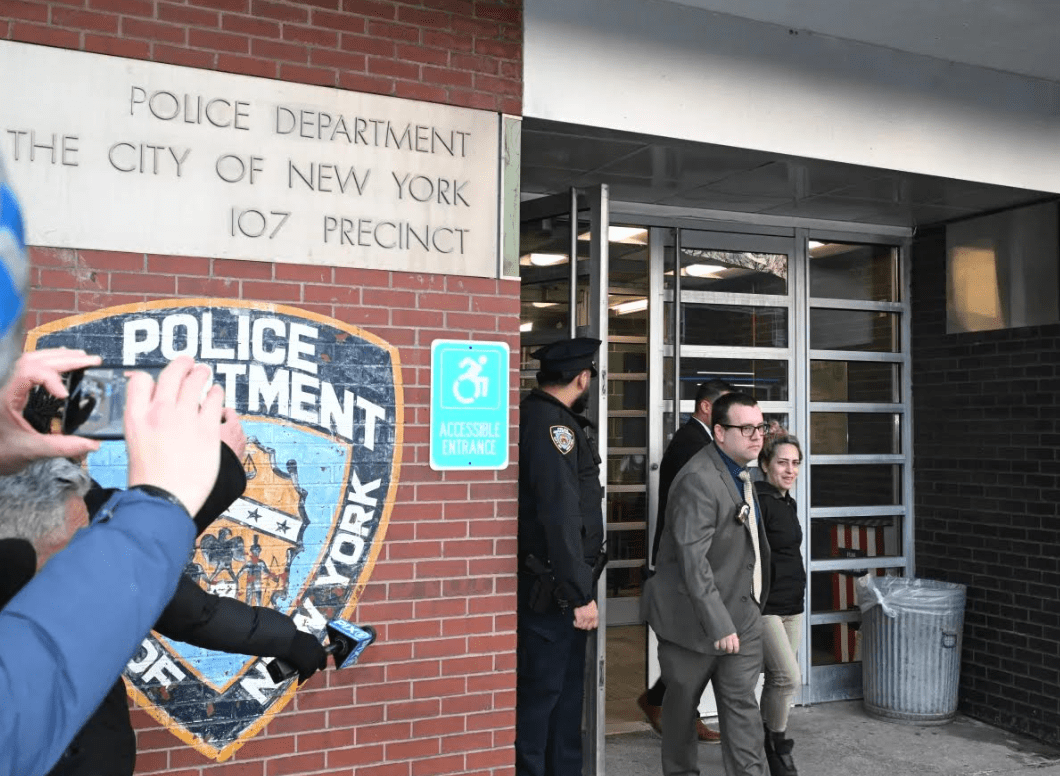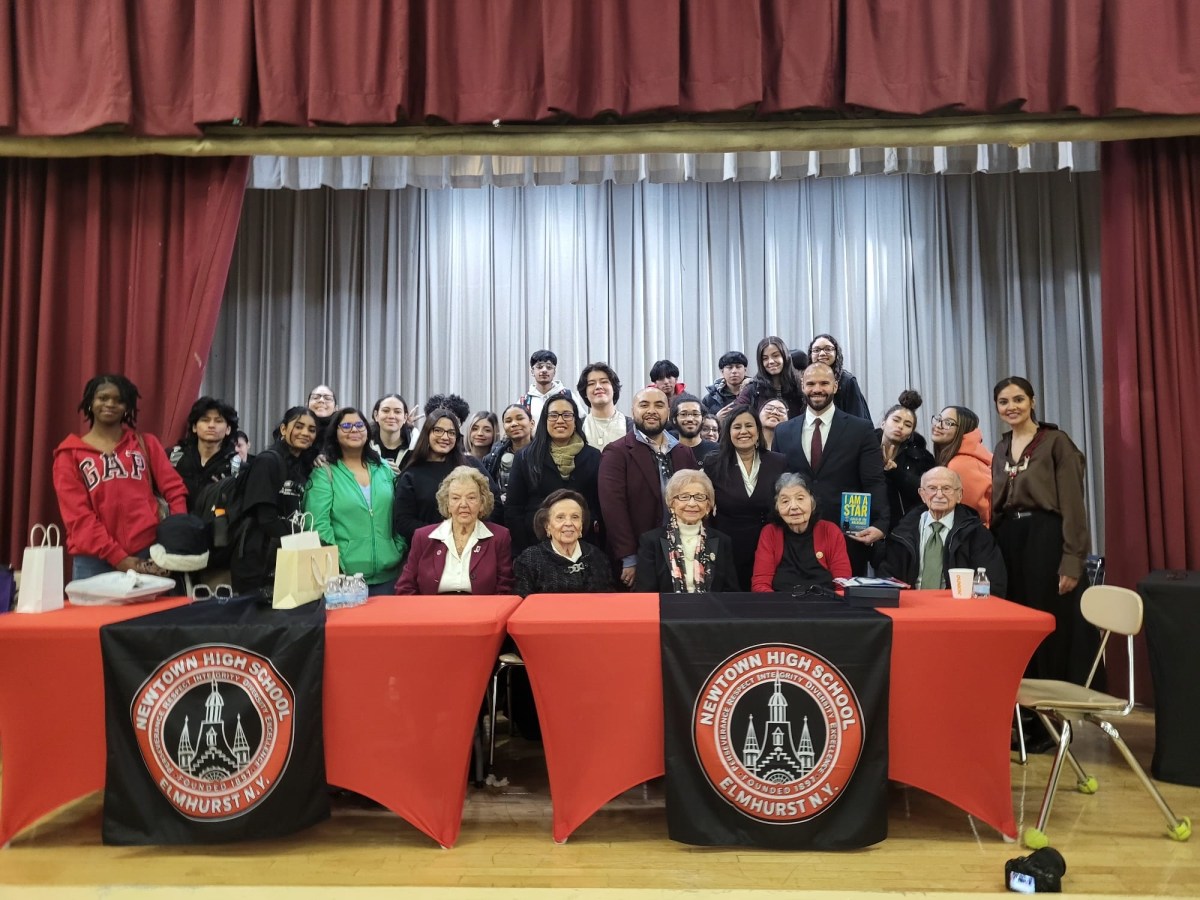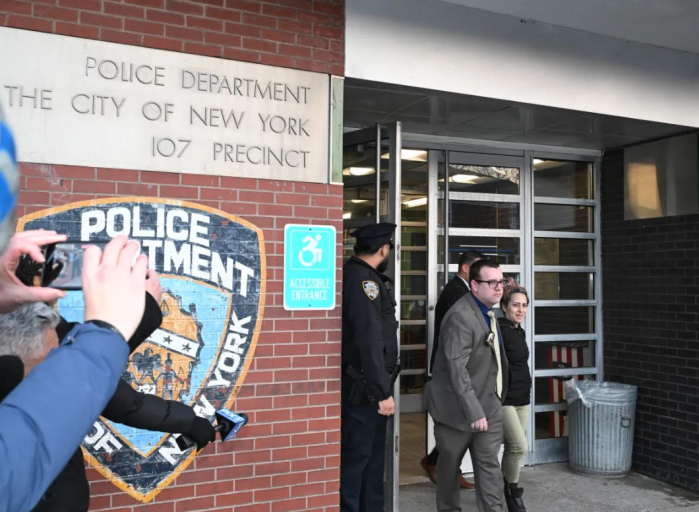
With more tenants qualifying for free representation in housing court, under the city’s Right to Counsel law, new lawyers are heading to court possibly for the first time.
The city passed the Universal Access to Legal Services law in August 2017, guaranteeing low-income New Yorkers a right to an attorney when facing eviction in housing court. Implemented in four zip codes in each borough so far, it’s expected to be citywide by 2022. The city is adding new zip codes every year based on factors such as the number of evictions, shelter entries and rent-stabilized units in an area, according to the Right to Counsel Coalition.
With the rollout of the law, CAMBA, one of the legal service providers in Brooklyn and Staten Island contracted by the city to provide the representation, has greatly increased its staff.
“The first year that it happened, we doubled our staff and it’s been more incremental since then,” said Frances Weinstock, the program director of CAMBA Legal Services.
And some of those new attorneys have limited experience trying cases.
“What’s lacking to some degree, and this is perfectly understandable, is the training for those attorneys to hit the ground running to be able to go into court and feel confident,” said David Ratner, a retired housing court lawyer.
Ratner teamed up with David Fleischer, a senior counsel with law firm Haynes and Boone, LLP, to put together training for the staff at CAMBA.
The duo held a two-day training for half of CAMBA’s lawyers the first week of August and planned to meet with the rest of the attorneys in September.
“What we want to do is give them the confidence to be able to go into court and try a case by providing them with a technique for preparing the case for trial, which is often a very daunting thing for any lawyer,” Fleischer said.
Ratner and Fleischer are “really doing a great service for us,” Weinstock said, adding that the increased cases can be challenging.
“They’re cases that, ordinarily, people wouldn’t have an attorney and there’s a lot fewer things that we can do for them, so we have to just be more creative in how we represent them,” she said.
The rollout of the law has already had a positive impact on tenants, advocates have said.
In the 2018 fiscal year, the first full year under the law, 30% of tenants in all of the city’s housing courts had legal representation, compared to 1% in 2013, and 84% of the tenants who had a lawyer under the Right to Counsel legislation were not evicted, according to the city’s Office of Civil Justice. Tenants who live alone are eligible if they make up to $24,130. A family of four is eligible with an income of $49,200 or less.
“It really helped me tremendously because I’m not a lawyer, I don’t understand the system,” said Bronx tenant Elizabeth Thompson, who received representation last month when she was facing eviction. “The landlord’s lawyer tried to push a lot of things that I don’t understand.”
If Thompson, 72, didn’t get the representation she did, she “would have been in a shelter,” she said.
“Right to Counsel is about power,” said Susanna Blankley, the coalition coordinator with the Right to Counsel Coalition.
Tenants “don’t have to fear eviction in the same way that they used to because they knew that landlords really had a lot of power in the court system,” she said.

































